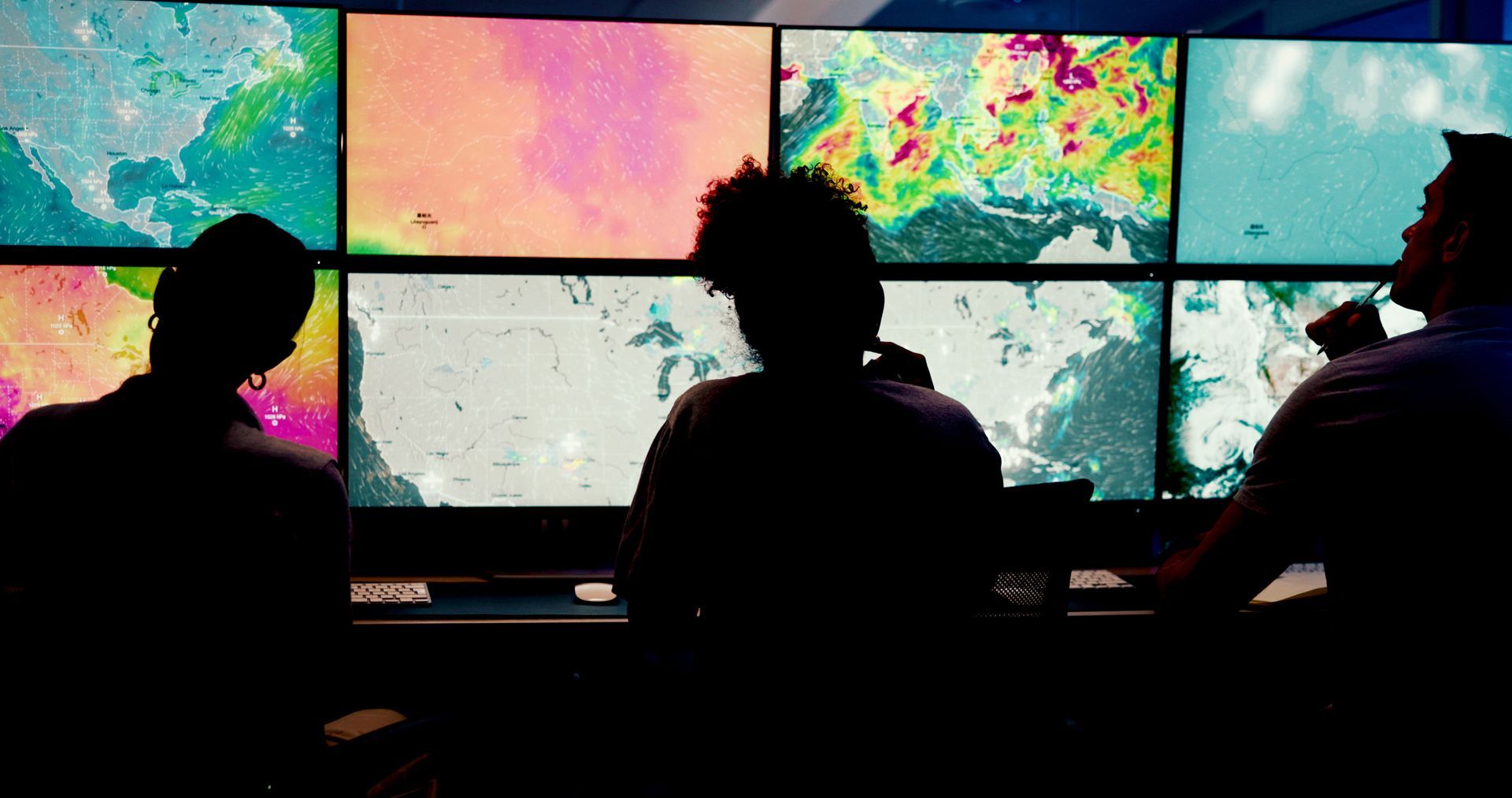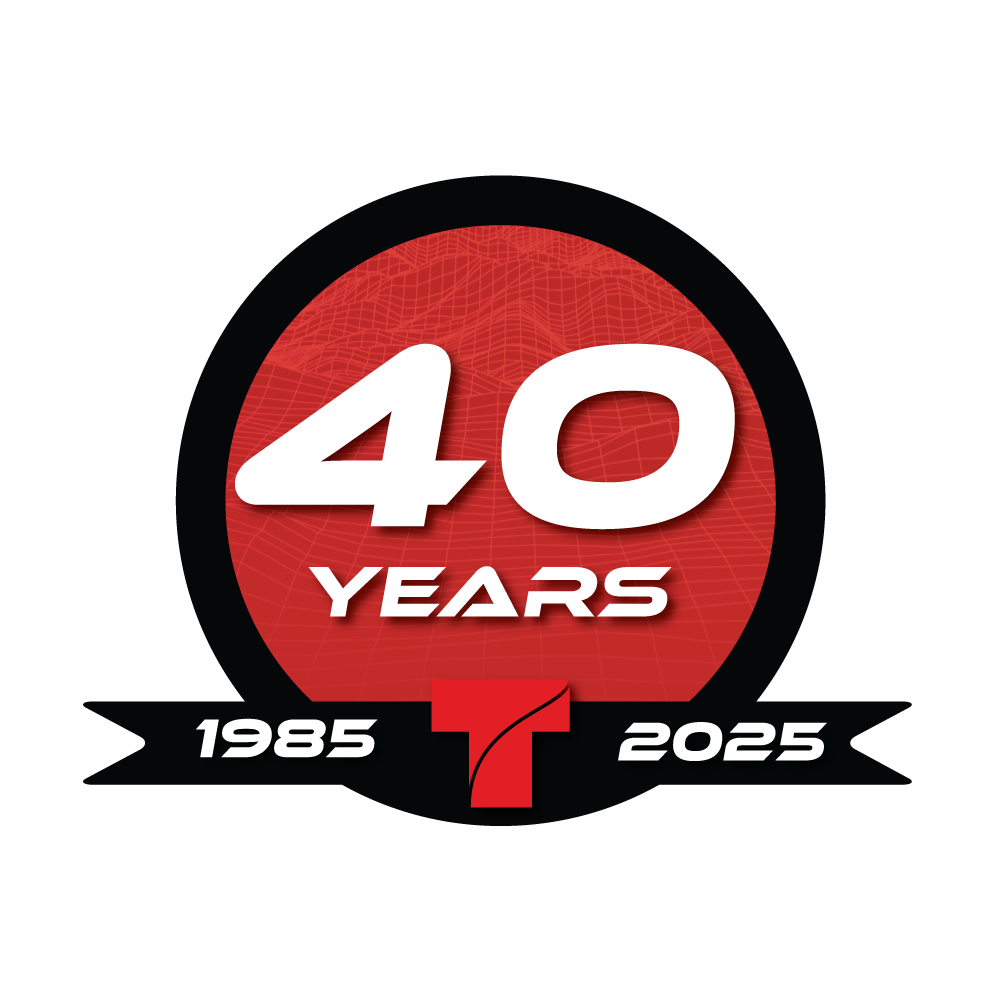Democratizing Geospatial Data
In February 2021, India made a landmark decision to democratize geospatial data. This was a huge step forward for public and private sectors in the country, as well as precedent-setting for geospatial data democratization across the globe. Taken from a press release from the government’s Ministry of Science & Technology:
To realise India’s vision of Atmanirbhar Bharat and the goal of a 5 trillion-dollar economy, the regulations that apply to geospatial data and maps henceforth stand radically liberalised. The Department of Science and Technology is announcing sweeping changes to India’s mapping policy, specifically for Indian companies. What is readily available globally does not need to be restricted in India and therefore geospatial data that used to be restricted will now be freely available in India. Furthermore, our corporations and innovators are no longer subject to restrictions nor do they require prior approvals before they collect, generate, prepare, disseminate, store, publish, update digital Geospatial Data and Maps within the territory of India.
Before this decision was made, Indian companies needed licenses and government approval in order to create and publish maps using geospatial data. This was an obvious barrier for all sectors, but especially for the burgeoning tech industry in the country. Democratizing geospatial data will now level the playing field and open many doors.

One of the biggest benefits of this move is that businesses in India don’t need to rely on foreign geospatial data providers, and can instead turn to native companies for these services. Businesses that rely heavily on geospatial data (like eCommerce or food delivery) will see huge growth with the ease of access to this data. Government agencies will also make strides forward with on-demand geospatial tools.
Below are some of the key regulations and guidelines created for the democratization of geospatial data in India.
- Indian Entities, will be free to acquire, collect, generate, prepare, disseminate, store, share, publish, distribute, update, digitize and/or create geospatial data, including maps, of any spatial accuracy within the territory of India including underwater within its territorial waters by using any geospatial technology.
- Ground truthing/verification, access to Indian ground stations and augmentation services for real time positioning (Continuously Operating Reference Stations (CORS), etc) and their data shall be made available without any restrictions and with the ease of access to Indian Entities only.
- Terrestrial Mobile Mapping survey, Street View survey and surveying in Indian territorial waters shall be permitted only for Indian Entities irrespective of accuracy.
- Maps/Geospatial Data of spatial accuracy/value finer than the threshold value can only be created and/or owned by Indian Entities and must be stored and processed in India.
- Foreign companies and foreign-owned or controlled Indian companies can license from Indian Entities digital Maps/Geospatial Data of spatial accuracy/value finer than the threshold value only for the purpose of serving their customers in India. Access to such Maps/Geospatial Data shall only be made available through APIs that do not allow Maps/Geospatial Data to pass through Licensee Company or its servers. Re-use or resale of such map data by licensees shall be prohibited.

- Digital Maps/Geospatial Data of spatial accuracy/value up to the threshold value can be uploaded to the cloud but those with accuracy finer than the threshold value shall only be stored and processed on a domestic cloud or on servers physically located within territory of India.
- There shall be no restriction on export of Maps/Geospatial Data of spatial accuracy/value up to the threshold value except for attributes in the negative lists. Department of Revenue, Government of India will make necessary amendments in GSR in this regard.
- All Geospatial Data produced using public funds, except the classified geospatial data collected by security/law enforcement agencies, shall be made easily accessible for scientific, economic and developmental purposes to all Indian Entities and without any restrictions on their use. Such access shall be given free of any charges to Government agencies and at fair and transparent pricing to others.
- The Survey of India (SoI) and other government agencies producing or owning Maps and Geospatial Data, shall take immediate measures to simplify procedures, revise/abolish various forms/licenses and use modern techniques such as cloud, open APIs and others to make its data accessible online in a useful format.
- For political Maps of India of any scale including national, state and other boundaries, SoI published maps or SoI digital boundary data are the standard to be used, which shall be made easily downloadable for free and their digital display and printing shall be permissible. Others may publish such maps that adhere to these standards.
- All citizens, companies, and organizations including Government agencies, producing Geospatial Data and information shall be encouraged to collaborate in a mutually beneficial manner and work towards open-linked Geospatial Data. Government agencies will make all efforts to collaborate for acquiring Geospatial Data.
It’s not clear what effects the democratization of geospatial data will do for India, but those impacts will surely ripple across the globe — and this will include increased interest in geospatial careers, something that we fully support. Geospatial is entering a new age, and you can be a part of it! Learn more about taking the next step in pursuing a profession in geospatial.















